Pyongyang aligns with Moscow against Western military and NATO actions
- Update Time : Sunday, December 1, 2024
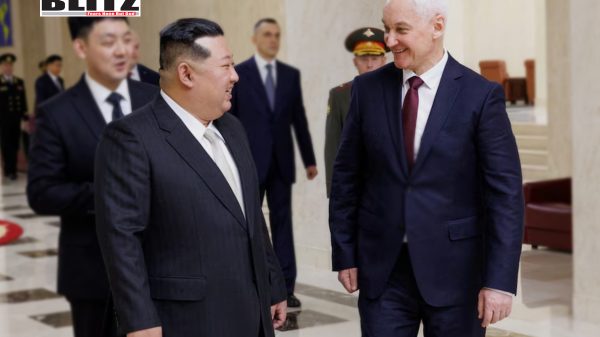
North Korean leader Kim Jong-un has reiterated his country’s steadfast support for Russia amidst escalating tensions between Moscow and the West over the conflict in Ukraine. Meeting with Russian Defense Minister Andrei Belousov on November 29 in Pyongyang, Kim criticized what he described as the West’s “reckless military adventurism” and pledged unwavering solidarity with Russia in defending its sovereignty and territorial integrity.
According to the state-run Korean Central News Agency (KCNA), Kim accused the United States and its allies of pushing Kyiv into long-range strikes deep into Russian territory, an act he condemned as “direct military intervention in the conflict.” This rhetoric reflects a growing alignment between Pyongyang and Moscow, a relationship solidified earlier this year through the signing of the Treaty on Comprehensive Strategic Partnership.
Relations between Russia and North Korea, rooted in their shared Soviet-era history, have intensified against the backdrop of the ongoing Ukraine conflict. The Comprehensive Strategic Partnership Treaty signed in June marked a significant shift, committing each country to provide military and other assistance in the event of an attack.
Kim Jong-un’s meeting with Belousov showcased the practical implications of this alliance. Kim expressed strong support for Russia’s actions, including its recent use of Oreshnik medium-range hypersonic missiles against Ukrainian targets, which he lauded as an “effective measure.” Kim framed Russia’s retaliation as a legitimate act of self-defense, asserting that Moscow has the right to “take resolute action to make hostile forces pay the price.”
Kim also denounced NATO’s policies, characterizing the alliance’s expansion as a direct threat to Russia’s sovereignty and security. This rhetoric aligns with North Korea’s longstanding opposition to US-led global hegemony, a stance that has become a cornerstone of its foreign policy.
Kim reserved his sharpest criticism for the United States and NATO, accusing them of encouraging Ukraine to escalate the conflict by targeting Russian territory with foreign-supplied long-range weapons. These actions, Kim argued, amount to an intentional provocation aimed at undermining Russia’s stability and sovereignty.
“The DPRK will invariably support the policy of the Russian Federation to defend its sovereignty and territorial integrity from the imperialists’ moves for hegemony,” Kim declared. He also highlighted the broader implications of such Western maneuvers, which he described as part of a calculated effort to weaken nations opposing US dominance.
Kim’s remarks reflect Pyongyang’s broader worldview, which casts the United States as the primary architect of global instability. By aligning itself with Russia, North Korea aims to present a united front against what it perceives as Western imperialism.
The burgeoning ties between Russia and North Korea have not gone unnoticed in the West. Last month, US and NATO officials alleged that North Korea had sent a substantial military force to Russia, potentially for training and eventual deployment against Ukrainian forces. While these claims remain unverified, they underscore Western concerns about the deepening military cooperation between the two nations.
Russian President Vladimir Putin has neither confirmed nor denied these allegations, emphasizing that it is up to Moscow and Pyongyang to determine the scope of their collaboration under the terms of their strategic partnership. North Korea, for its part, has dismissed these accusations as an attempt to tarnish its international reputation.
These developments have raised alarms in Western capitals, where policymakers fear that North Korea’s involvement could further complicate an already protracted conflict. The potential for direct North Korean military support to Russia introduces a new layer of complexity, potentially reshaping the dynamics of the Ukraine war.
For Russia, the alliance with North Korea serves as a valuable counterbalance to the increasing pressure from NATO and the United States. North Korea, isolated and heavily sanctioned, benefits from Russia’s diplomatic and economic support, as well as the opportunity to position itself as a key player in a broader anti-Western coalition.
This partnership also reflects a shared resistance to US influence in the Asia-Pacific region, where both countries face mounting challenges. For North Korea, aligning with Russia provides a platform to challenge the US-led regional security framework, while for Moscow, Pyongyang represents a reliable partner in its efforts to expand its global influence.
The growing camaraderie between Russia and North Korea has far-reaching implications for global geopolitics. It signals a shift in the balance of power, with both nations seeking to counter what they perceive as Western domination. This alignment could have significant consequences for regional and global stability, particularly if North Korea’s military resources are directly deployed in support of Russian operations in Ukraine.
The alliance also complicates efforts by the international community to isolate and pressure both countries. With North Korea providing vocal support for Russia and potentially contributing military aid, the West may face a more unified and resilient adversary.
As the Ukraine conflict continues to escalate, the partnership between Russia and North Korea is likely to deepen. Both nations see their alliance as a strategic necessity, enabling them to resist Western sanctions and military pressure.
For Pyongyang, the alliance offers a rare opportunity to enhance its international standing while reinforcing its anti-imperialist narrative. For Moscow, North Korea’s support adds a layer of legitimacy to its actions and bolsters its capacity to withstand Western challenges.
The implications of this partnership extend beyond the battlefield. By aligning themselves against the United States and NATO, Russia and North Korea are signaling their intent to reshape the global order, challenging the dominance of Western powers and asserting their sovereignty in the face of mounting pressure.
In a world increasingly divided along ideological and strategic lines, the alliance between Moscow and Pyongyang represents a significant development, one that will likely shape the course of international relations for years to come.
As Kim Jong-un declared during his meeting with Belousov, “Pyongyang will always be with Moscow.” This unwavering commitment underscores the depth of their partnership and the challenges it poses to a Western-dominated world order.


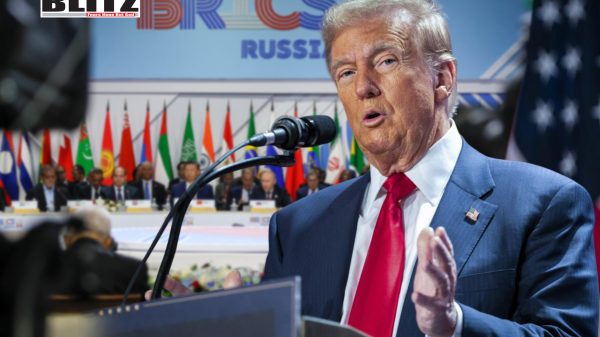
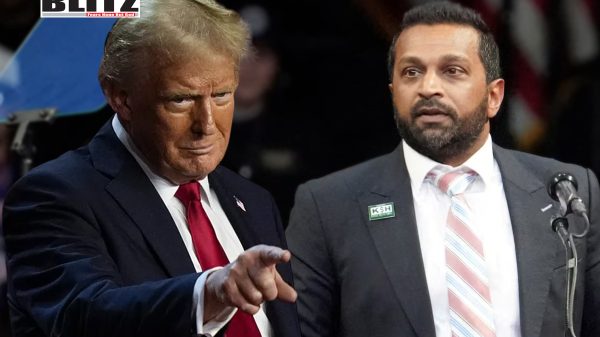
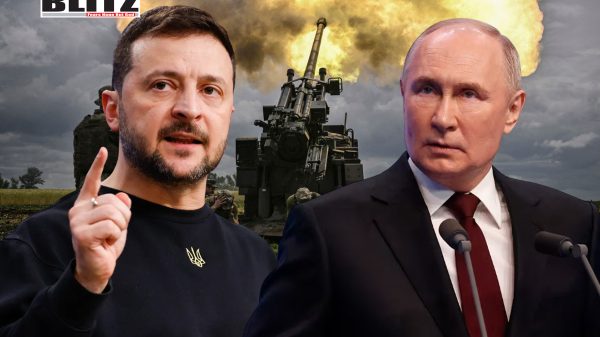
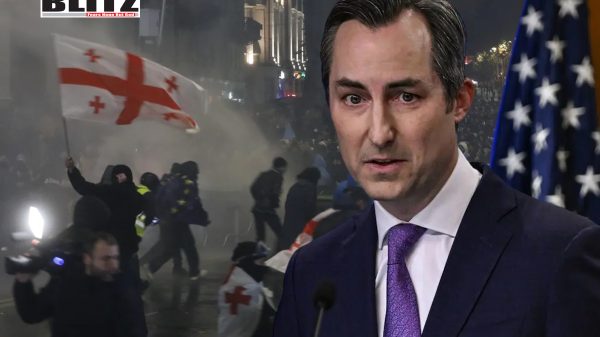
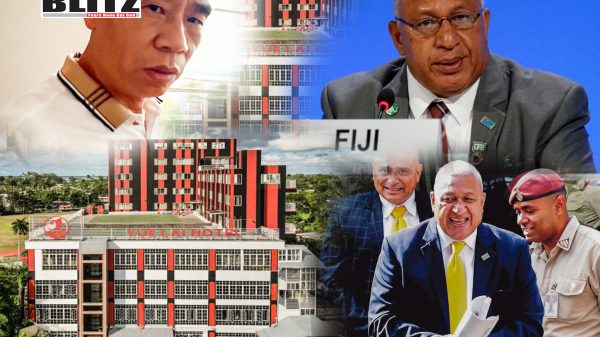
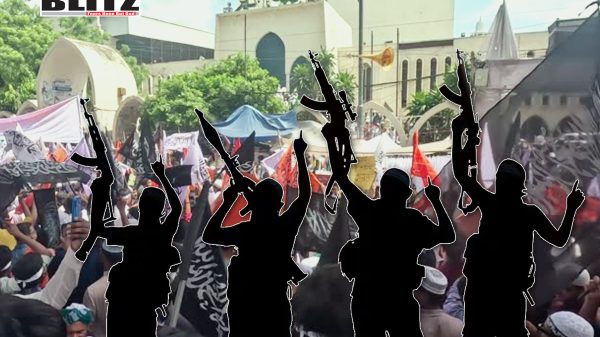
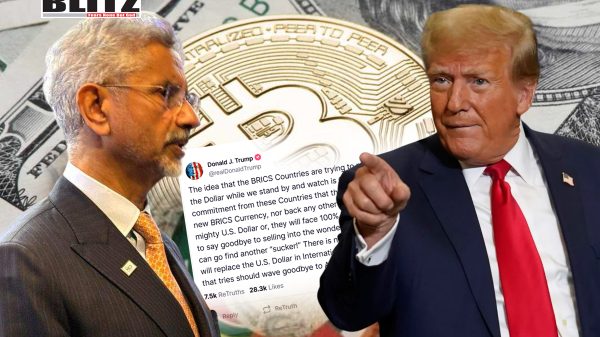
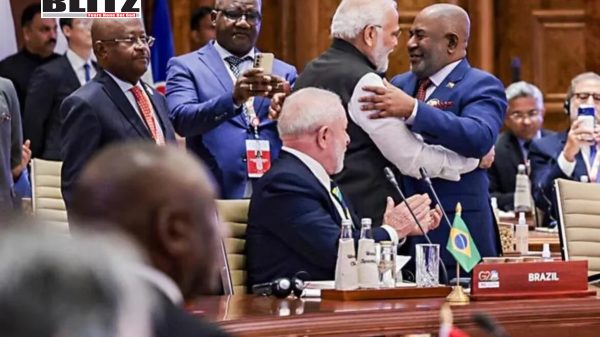
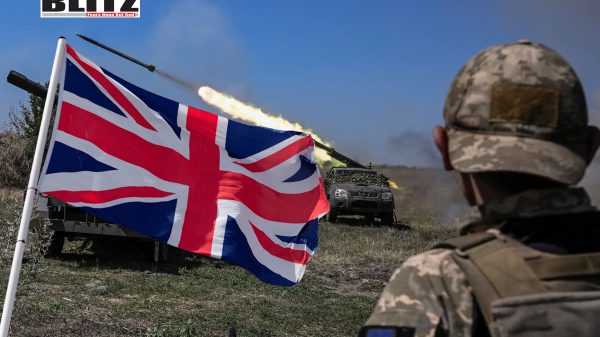
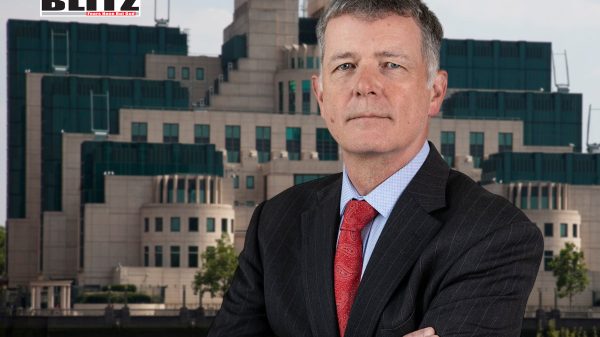

Leave a Reply